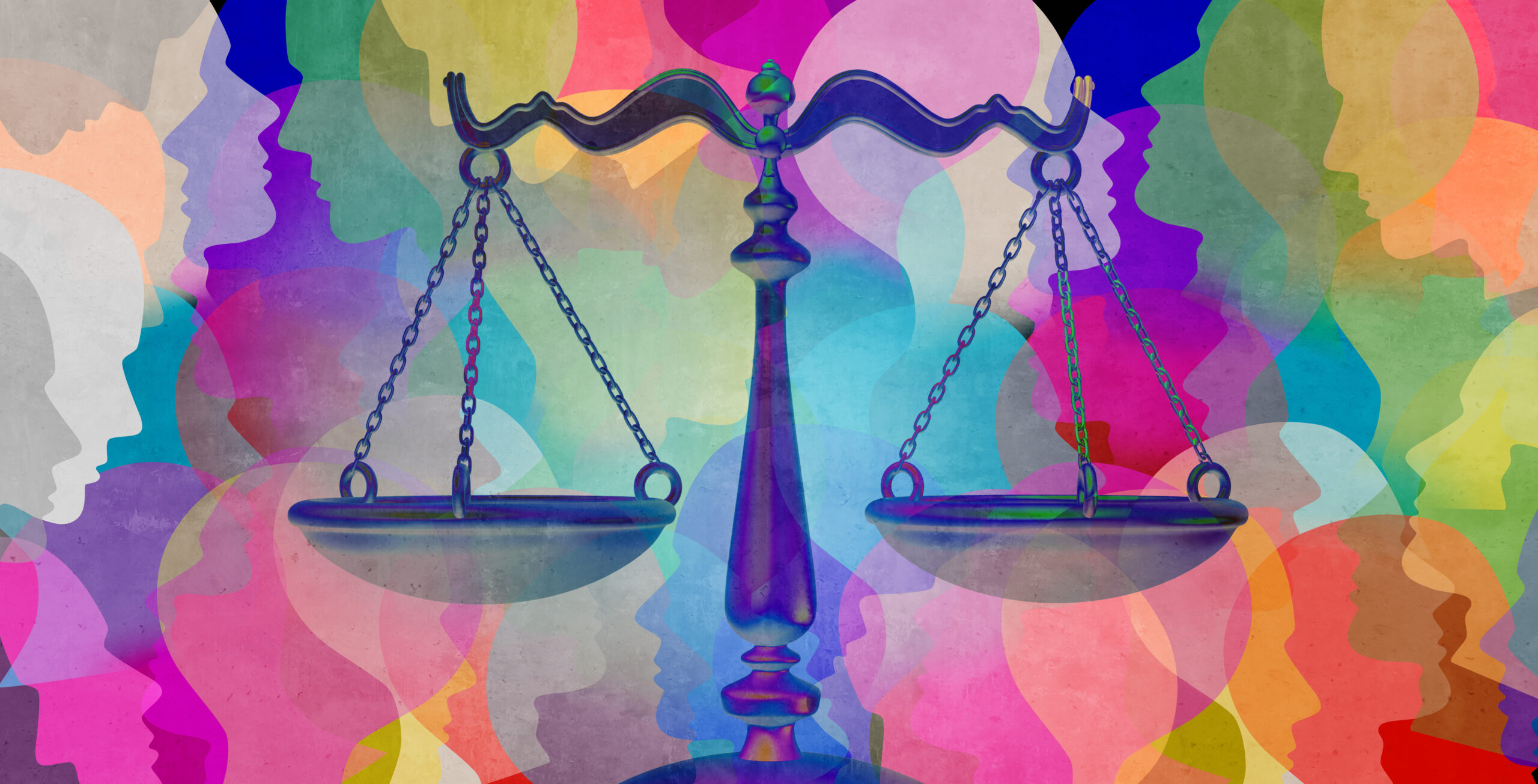If you are in distress, you can call or text 988 at any time. If it is an emergency, call 9-1-1 or go to your local emergency department.
- Reports, Research
Mental Health and the Criminal Justice System: ‘What We Heard’ – Evidence Summary Report
The relationship between the law and people living with mental health problems and illnesses is complex. Despite the widespread recognition that they are more often victims than perpetrators of crime, they are disproportionately involved in the justice system: 40% are arrested at least once in their lifetime. These individuals routinely experience discrimination and human rights violations, and they are systematically barred from employment opportunities, housing, and access to critically needed health services. When incarcerated, they become isolated from their community supports and services, which can worsen their symptoms and cause significant psychological distress. Under such conditions, they must also rely on mental health services that are frequently inadequate. In addition, people in the criminal justice system can develop mental health problems and illnesses due to incarceration and other stressors that hinder recovery and healing. The rate of mental health problems and illnesses among people involved with the criminal justice system is substantially higher than in the general population, a rate that has been worsening over time.
- Reports, Research
Mental Health and the Criminal Justice System: ‘What We Heard’ – Evidence Summary Report
Mental Health and the Criminal Justice System: ‘What We Heard’ – Evidence Summary Report
- Mental Health and Criminal Justice
The relationship between the law and people living with mental health problems and illnesses is complex. Despite the widespread recognition that they are more often victims than perpetrators of crime, they are disproportionately involved in the justice system: 40% are arrested at least once in their lifetime. These individuals routinely experience discrimination and human rights violations, and they are systematically barred from employment opportunities, housing, and access to critically needed health services. When incarcerated, they become isolated from their community supports and services, which can worsen their symptoms and cause significant psychological distress. Under such conditions, they must also rely on mental health services that are frequently inadequate. In addition, people in the criminal justice system can develop mental health problems and illnesses due to incarceration and other stressors that hinder recovery and healing. The rate of mental health problems and illnesses among people involved with the criminal justice system is substantially higher than in the general population, a rate that has been worsening over time.
SHARE THIS PAGE
RELATED

Review our Assessment Framework for Mental Health Apps — a national framework containing key standards for safe, quality, and effective mental health apps in Canada.

To help expand the use of e-mental health services, we developed four online learning modules based on our Toolkit for E-Mental Health Implementation, in collaboration with the Centre for Addiction and Mental Health (CAMH).

Stepped Care 2.0© (SC2.0) is a transformative model for organizing and delivering evidence-informed mental health and substance use services.
